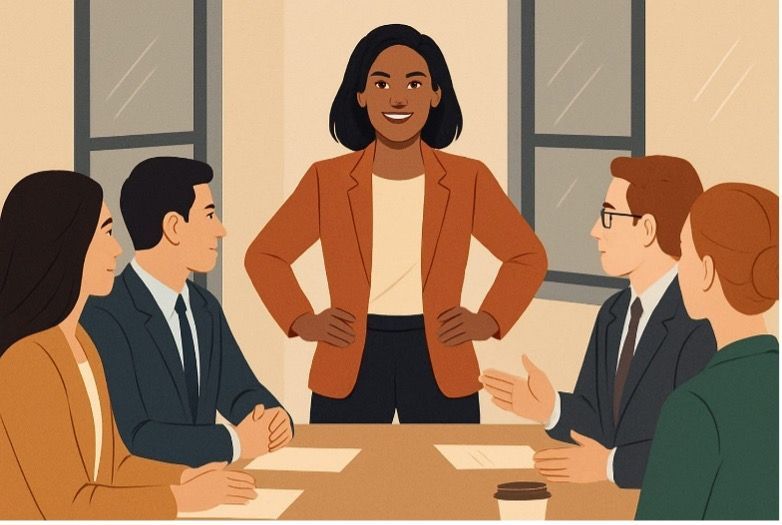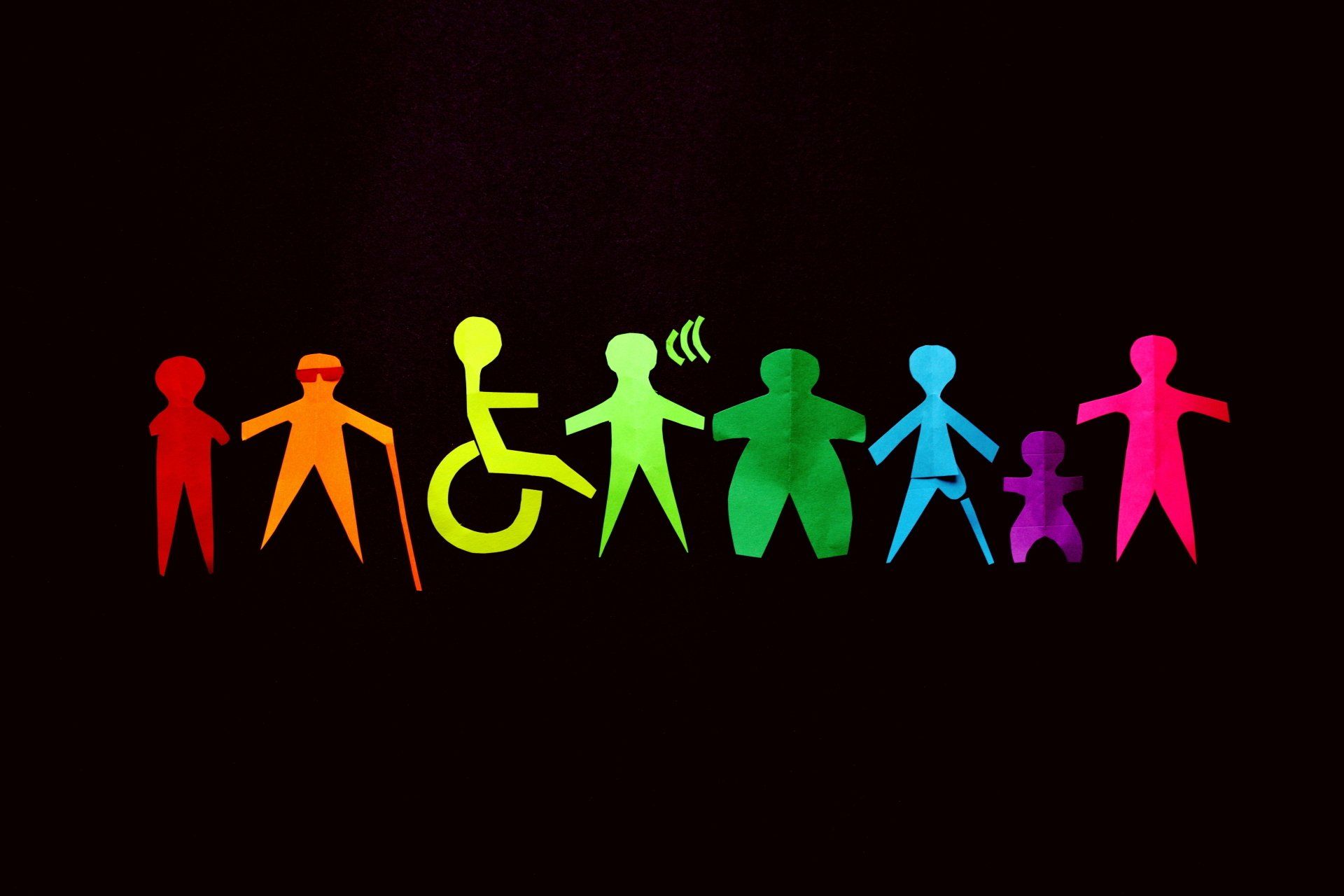The Path Forward
Historically, parents did not play an integral role in their child’s education. Even though research showed family engagement significantly affected student outcomes, most teachers did not collaborate with parents. Instead, home-school communication tended to be monologues rather than dialogues. Teachers reported on the student's performance, and parents passively listened and asked very few questions.
Regarding pre-COVID teaching and learning, if we took a step back and honestly reflected on what that looked like, we would all agree it had flaws. We know home-school communication is crucial for student success. However, parents were expected to be listeners, and to defer the teaching and learning responsibilities to the school. They were reluctant to ask too many questions or share personal information, fearing it might affect how the teacher treated their child. On the other hand, teachers and administrators did not focus on parental involvement because they saw themselves as being responsible for the education and activities of their students.
Then, suddenly and without warning, teaching, and learning changed! Due to COVID-19, a stay-at-home order across the country moved teaching and learning from the classroom to virtual instruction. This put tremendous pressure on parents. They were now expected, and often required, to be involved in their child’s education.
Teachers needed to prepare for virtual instruction, and so did parents. Learning online presented multiple problems for families, which became layered on top of the vast changes due to the pandemic. Parents of neurotypical students felt frustrated and floundered, although their children were often capable of independent and self-guided learning. Parents of neurodivergent learners were now burdened with the responsibilities of being parents, teachers, and employees. They knew their children could not independently negotiate virtual instruction and now needed to understand the teaching strategies used to educate their children.
Who knows what crisis is just around the corner? Teachers and administrators must refrain from reverting to how teaching and learning occurred pre-COVID-19. Let our mistakes be lessons on how to improve teaching and learning by enhancing the home-school connection. Most parents would benefit from additional knowledge and support regarding their children’s educational program, placement, and services, including OT, PT, and speech.
The time for change is now! Collaboration between home and school is crucial. Building parent-educator partnerships and relationships drives having open and honest lines of communication. The only way to ensure the next crisis will not put the same type of burdens on our students is to be proactive. Parental engagement is crucial to student success. However, it requires parents and educators to collaborate and communicate. Building home-school partnerships creates a path that enables students to adapt and adjust during a crisis.
Building Parent-Educator Partnerships means:
- Educators need the knowledge and tools required to teach in the 21st Century.
- Administrators need to provide leadership through ongoing professional development and mentoring.
- Parents are part of teaching and learning conversations.
In 2023, education has slipped back into its old patterns. Educators and therapists work in silos, and greater parental involvement is still necessary. How can the “Path Forward” be different? Begin by improving home-school communication and building solid parent-educator partnerships.
No one foresaw what happened overnight in March 2020. Yet, today, we know that this could happen again. Let’s ensure teachers are tech-savvy and understand how to teach across all platforms. Engage parents in the teaching and learning process so they know the strategies and accommodations their children need to be successful.
Let’s not repeat our mistakes. Instead, we should try to turn our mistakes into lessons that shape the future of education.










